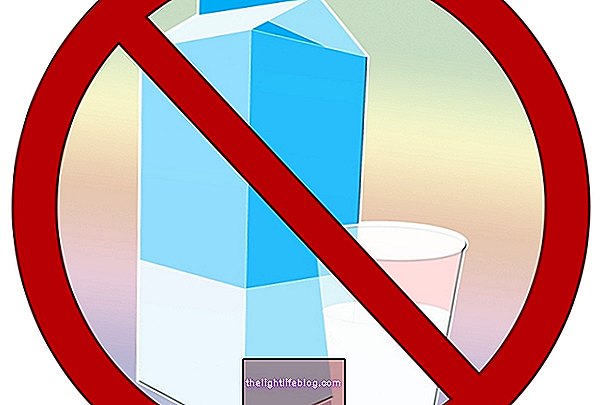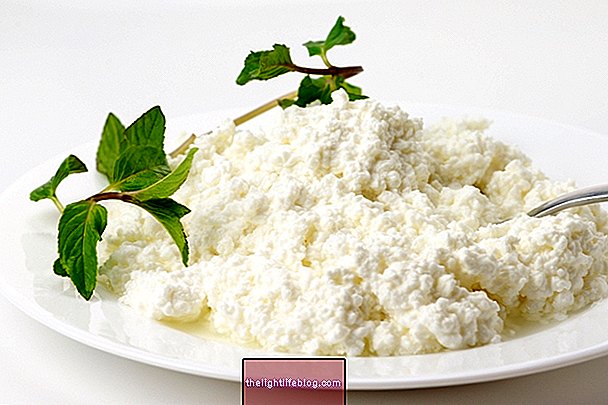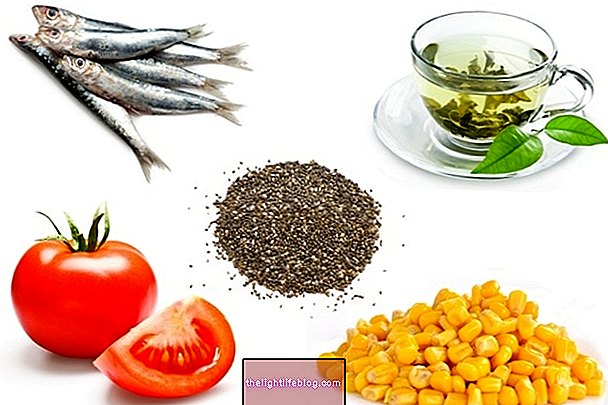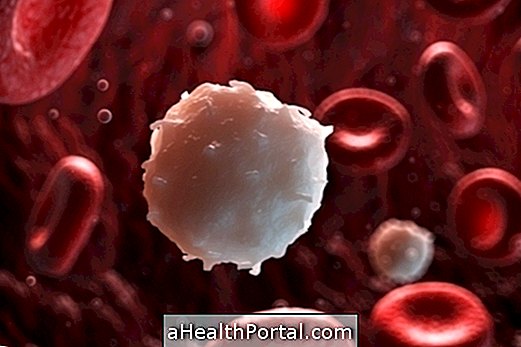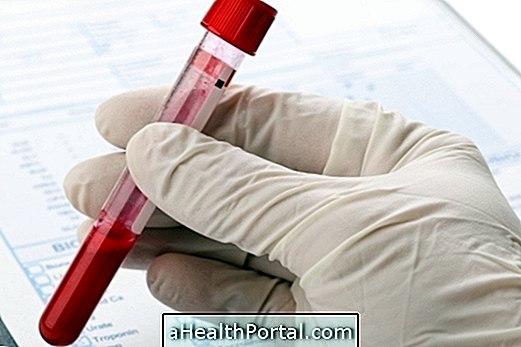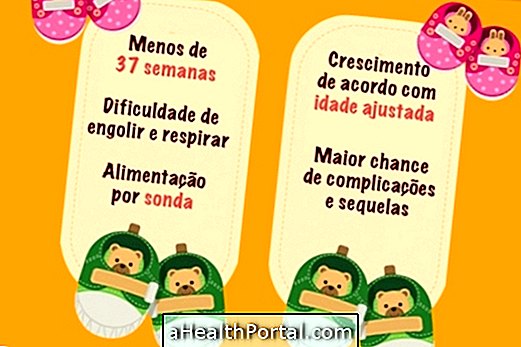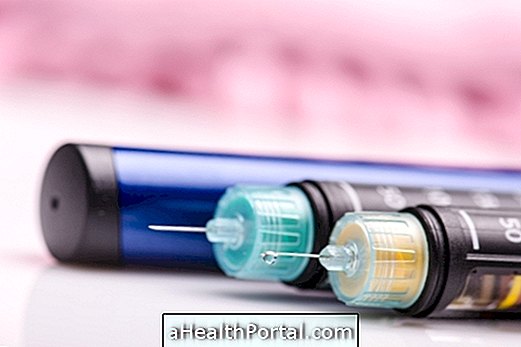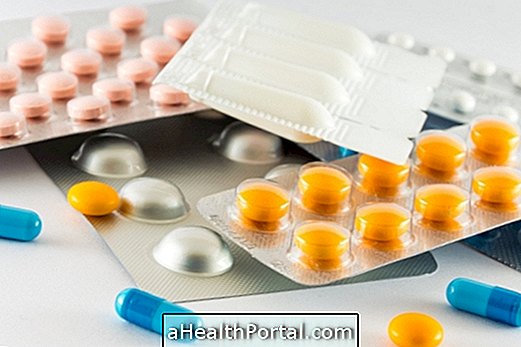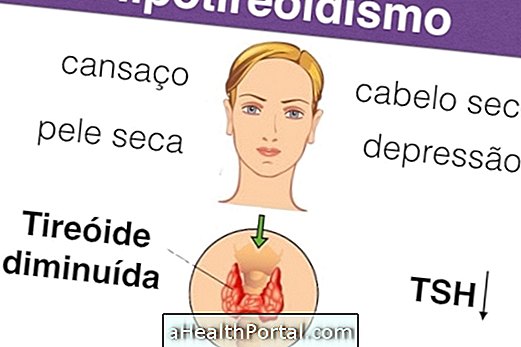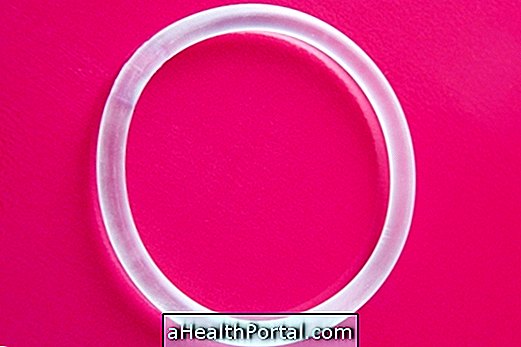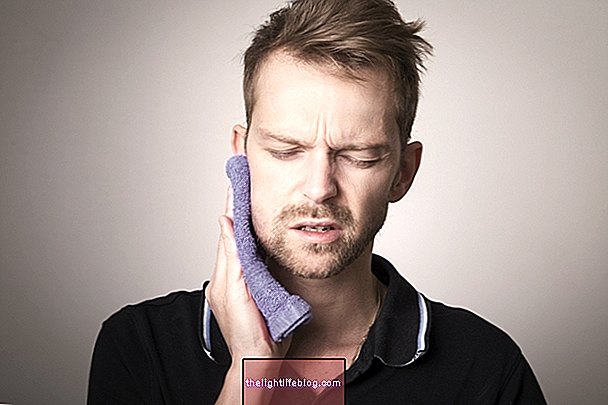Water is extremely important for the human body, because, in addition to being present in large quantities in all the cells of the body, representing about 60% of the body weight, it is also indispensable for the correct functioning of the whole metabolism.
Although lack of water, known as dehydration, is more common and causes several health problems, such as severe headache and even a slow heartbeat, excess water can also affect health, especially by diluting the amount of sodium present in the body, generating a situation that is known as hyponatremia.
Excess water in the body can happen in people who drink more than 1 liter of water per hour, but it is also frequent in high intensity athletes who end up drinking a lot of water during training, but without replacing the amount of minerals being lost .

How excess water harms health
The presence of excess water in the body is known as "water intoxication" and it happens when the volume of water in the body is very large, causing a dilution of the sodium available in the body. When this happens, and the amount of sodium is below 135 mEq per liter of blood, the person ends up developing a condition of hyponatremia.
The lower the amount of sodium per liter of blood, that is, the more severe the hyponatremia, the greater the risk of affecting the functioning of the brain and even causing permanent damage to brain tissue. This is mainly due to swelling of the brain, which causes brain cells to be pressed against the skull bones, which can result in brain damage.
Excess water can be even more problematic in people who have heart or kidney disease, as sodium imbalance can affect cardiac functioning and excess water can impair kidney function.
Symptoms of excess water
When excess water is drunk and hyponatremia begins to develop, neurological symptoms such as:
- Headache;
- Nausea and vomiting;
- Lack of energy;
- Disorientation.
If hyponatremia is severe, with sodium values below 120 mEq per liter of blood, even more serious signs may appear, such as lack of strength, double vision, difficulty breathing, convulsions, coma and even death.
What to do in case of suspicion
If you suspect an excessive intake of water or a case of "water intoxication" it is very important to go to the hospital to start the appropriate treatment, which is usually done with serum in the vein to replenish the amounts of minerals in the body, especially sodium.
Eating a small salty snack can help relieve some of the symptoms, such as headache or feeling sick, but it is always recommended to consult a doctor to assess the need for more specialized treatment.
How much water is recommended?
The amount of water recommended per day varies according to age, weight and even the level of physical fitness of each person. However, the ideal is to avoid consuming more than 1 liter of water per hour, as this appears to be the kidney's maximum ability to eliminate excess water.
See better the recommended daily amount of water by weight.
Was this information helpful?
Yes No
Your opinion is important! Write here how we can improve our text:
Any questions? Click here to be answered.
Email in which you want to receive a reply:
Check the confirmation email we sent you.
Your name:
Reason for visit:
--- Choose your reason --- DiseaseLive betterHelp another personGain knowledge
Are you a health professional?
NoMedicalPharmaceuticalsNurseNutritionistBiomedicalPhysiotherapistBeauticianOther
Bibliography
- GUYTON Arthur, HALL John. Treatise on medical physiology. 13th. Brazil: Elsevier, 2017. 314-315.
- LONGO, Dan L. et al .. Harrison Internal Medicine. 18.ed. São Paulo: AMGH Editora, 2013. 344-345.

